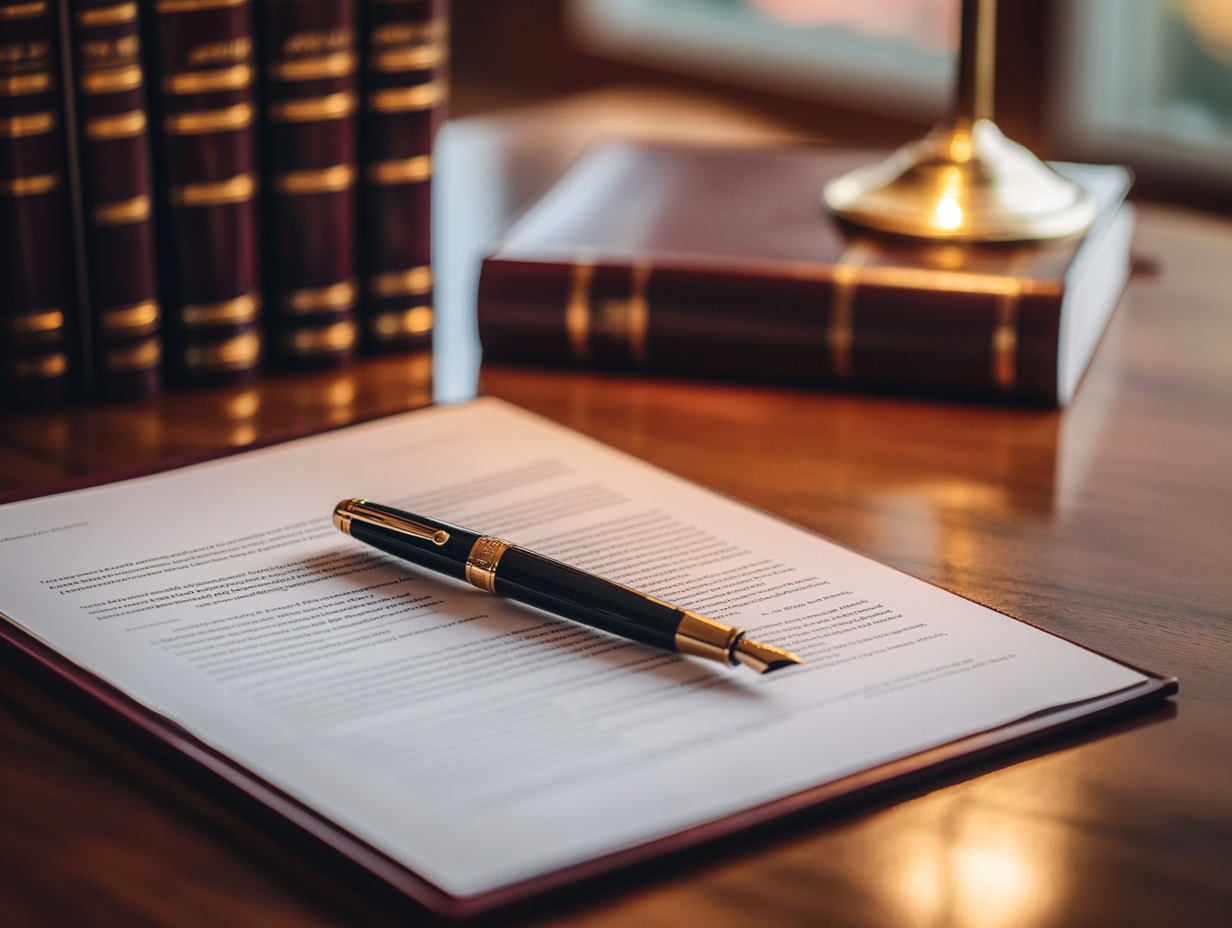
Articles

Copyright in AI-Generated Content: Key Legal Features
Artificial intelligence has become an everyday tool for lawyers, designers, musicians, programmers, and entrepreneurs. But a key question arises: who owns the rights to AI-generated results?
Law has no universal answer yet. Approaches differ by jurisdiction, but the main principle remains: only humans can be authors.
International approaches
- EU (incl. Moldova): protection only for human-created works. Fully machine-generated content is not protected.
- USA: Copyright Office rejects full-AI works, but protects elements with “substantial human contribution.”
- UK: since 1988, authorship can be assigned to the person making the “necessary arrangements,” but this remains debated.
- China: courts protect AI works if there is human input (editing, creative choice).
Moldova’s approach
According to Copyright and Related Rights Law:
- only natural persons can be authors;
- AI has no legal personality;
- protection applies only when there is human contribution (settings, data selection, editing).
Practical aspects
- Who is the author? If AI is a tool — rights belong to the human. If entirely AI — no protection (public domain).
- Joint authorship. Possible if multiple people contribute (prompt + editing).
- AI licenses. ChatGPT, Midjourney, Stable Diffusion often transfer rights to users but may impose restrictions.
- Risks: plagiarism in training data, difficulty proving human input.
Recommendations for authors and businesses
- keep evidence of human input (screenshots, drafts, edits);
- add original creative elements;
- review AI service terms;
- voluntary registration (AGEPI, WIPO);
- include ownership clauses in contracts.
Conclusion
AI content remains a legal “grey zone.” In Moldova and the EU, only human-created or human-enhanced works are protected.
Our team assists authors, companies, and startups to:
- register rights in AI content,
- draft contracts and licenses,
- defend interests in authorship and plagiarism disputes.

Leave a request
